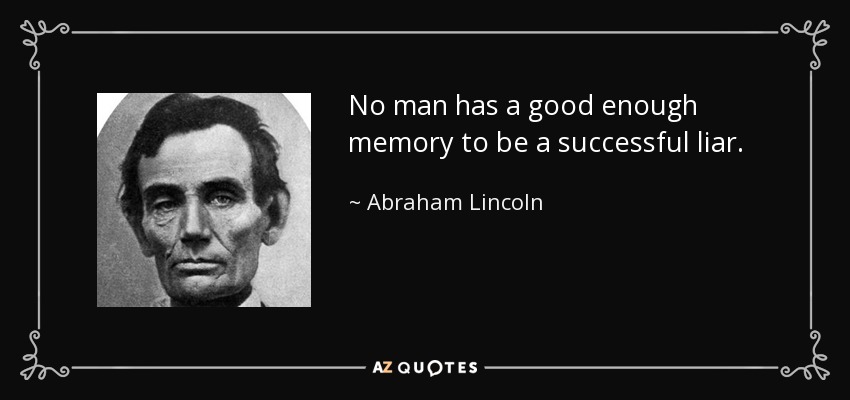As parents, we are the most important role models for our children. Psalm 51:5 notes that our kids are born with a sin nature, “Surely I was sinful at birth, sinful from the time my mother conceived me.” With that comes a propensity to lie. Dr. Elizabeth Berger, a child psychiatrist and author of Raising Kids With Character, notes that an occasional lie about homework, chores or toothbrushing is not unusual. She explains, “Children who are anxious, who feel that they can’t handle some kind of situation, may lie. It could be a sign of any number of stresses that the child is under.”
When a child or adolescent lies, parents should first take a hard look in the mirror. Are our kids seeing us model the importance of honesty at home and in the community? Fortunately, I did.
Let me recount a story I distinctly remember from my elementary school. I was in the first grade, and we would walk from our classroom across campus to the library to read using timed reading machines. I was using a pencil from the library and accidentally took it with me. When I got to class, I realized my mistake and asked the teacher if I could return the pencil. I returned it to the library, and the librarian made such a big deal of it that it made a lasting impression nearly 40 years later! I didn’t appreciate it at the time, but honesty truly is a rare commodity…
I’ve found that to be the case in the workplace as well. The best book I’ve read on the subject is Stephen Covey’s The Speed of Trust. Covey notes that when trust goes up, speed improves, and costs of doing business go down. He also notes that to build trust, we must first start with ourselves.
Click here to see my March 2014 summary of The Speed of Trust.

